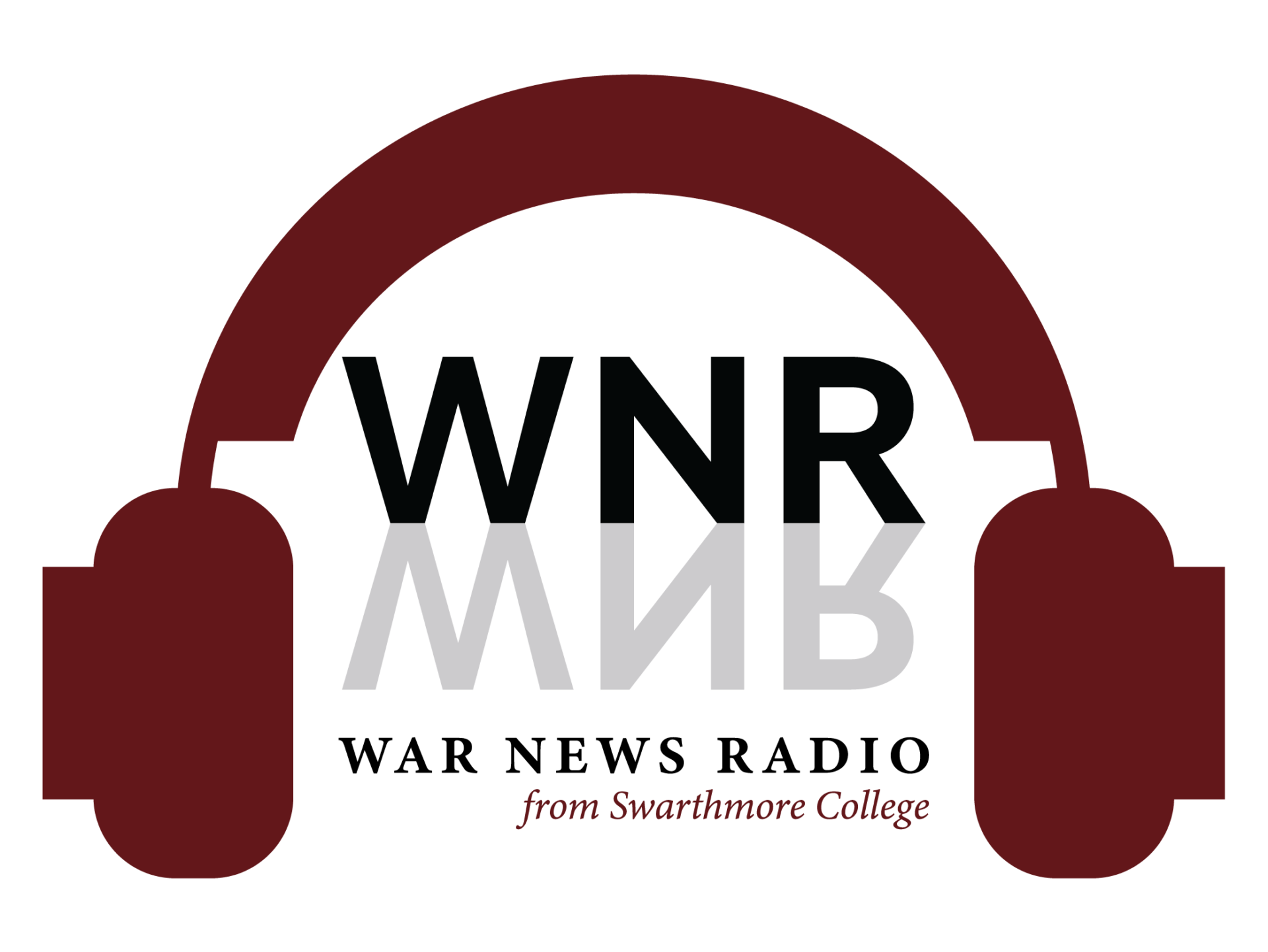Iran’s parliamentary election is non-event for opposition
As threat of war looms, turnout will be crucial sign of level of support for regime policies – including its nuclear programme
Unlike the bitterly contested 2009 presidential election, Iran’s parliamentary vote on Friday is not a confrontation between the regime and the opposition, it is a battlefield for factions within the establishment, fighting each other for greater share of power. For critics of the regime it is a non-event.
But as the first public vote since the rigged results in 2009 that turned hope for change into sorrow and bloodshed, it will be a litmus test for the regime’s legitimacy as the threat of war looms.
Turnout will be crucial – and that’s why Iran’s intelligence minister, Heidar Moslehi, has described it as the most sensitive elections in the history of the Islamic republic.
Reformists have largely refrained from running and many opposition groups – infuriated that their leaders, Mir Hossein Mousavi and Mehdi Karroubi, remain under house arrest – have called for a country-wide boycott of the vote.
Activists from the opposition Green movement have taken to social networking websites to urge Iranians to embarrass the regime by staying at home. Whether that will happen remains to be seen. The regime, on the other hand, has responded by stepping up its crackdown on activists and journalists.
The regime is determined to draw people to the polls. A big turnout will be taken as a sign of public support for government policies – including the controversial nuclear programme.
Iran’s supreme leader, Ayatollah Ali Khamenei, whose authority as the ultimate power in the country was challenged in the 2009 vote, has acknowledged the difficulties the regime faces this time. He has predicted a high turnout, which he said will be a “slap in the face” for the regime’s opponents – but he has also warned that the elections could pose a risk to the country’s security.
“With the grace of God, the Iranian nation will give the global arrogance and forces of imperialism a slap in the face in Friday’s election,” he told a crowd in Tehran, according to Iran’s English-language newspaper Tehran Times. “The hegemonistic bloc will realise that they will not be able to make progress in their confrontation with the Iranian nation.”
“Despite all the pressure and even the assassinations of the country’s young scientists, the Iranian nation has prevented the hegemonistic bloc’s conspiracies from bearing fruit,” he said. “What is important in regard to the election is a huge turnout.”
Khamenei’s remarks have been echoed by many regime supporters including an influential cleric, Ayatollah Makarem Shirazi, who issued a religious ruling that not voting would be a sin. Other tactics to get out the vote include a public appeal by the wife of an assassinated nuclear scientist. Tehran’s leaders have also warned they will consider any attempt to encourage an electoral boycott as a crime.
According to local agencies, more than 5,000 candidates put their names forward for Friday’s vote, a reduction by a third from the previous parliamentary elections. Iran’s guardian council, which vets all candidates before any elections in the country, last week published the final list of those approved by the regime to run, after weeks of delay, which is said to consist of more than half of those initially registered. The blacklist includes many current MPs, who are banned from running for a second term.
Friday’s elections may not mean much for the opposition, but they will be a fierce battlefield for factions within the regime, fighting each other for greater share of power over Iranian politics.
The election highlights the extraordinary power struggle between supporters of President Ahmadinejad and his close confidant and chief of staff, Esfandiar Rahim Mashaei, on one side and conservatives close to Khamenei on the other. Ahmadinejad’s allies are accused of attempting to undermine the clerical power and observers fear that Khamenei might block them from entering parliament, adding further fuel to an already bruising battle at the pinnacle of the Iranian regime.
In a rare dispatch from inside Iran, the Financial Times this week reported from Qarchak, a town in south-east Tehran, where its relatively poor residents, grateful for the government’s monthly cash payments, were determined to vote.
“Like millions in Iran, each person in the town receives $37 (£23) a month. While the sum is too small to make a difference for those living in Tehran, particularly as international sanctions have sent prices soaring, for big families in Qarchak, the payments for each family member can together exceed the breadwinner’s monthly salary,” the FT reported.
from Saeed Kamali Dehghan
via http://www.guardian.co.uk/world/iran-blog/2012/mar/01/iran-parliamentary-elections
